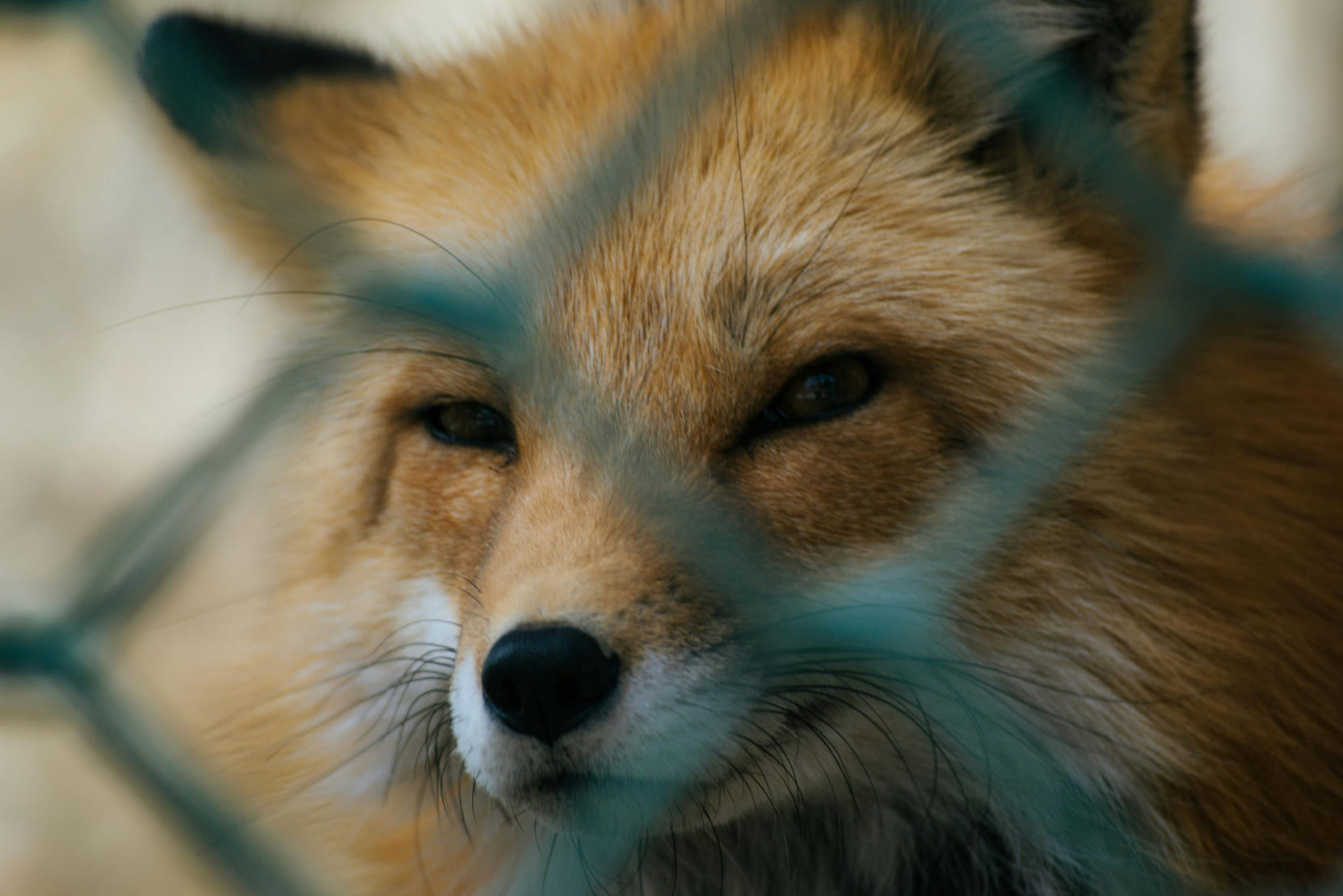How Zoos Contribute to Animal Health Research and Veterinary Science
Modern zoos are important centers for veterinary research, providing valuable insights into animal health, disease prevention, and medical care. Zoos employ specialized veterinarians who study diseases that affect both captive and wild animal populations, developing treatments that benefit animals worldwide. Research conducted at zoos has led to advancements in animal nutrition, reproduction, and health monitoring. For example, studies on the dietary needs of large mammals, reptiles, and birds have improved feeding practices and contributed to the long-term health of zoo residents.
Zoo veterinarians also conduct genetic research to support breeding programs for endangered species. This research helps prevent genetic disorders and ensures the genetic diversity necessary for healthy populations. Additionally, zoos contribute to advancements in reproductive science, such as artificial insemination and genetic preservation techniques, which are critical for saving species with small populations. By sharing their findings with conservationists, researchers, and wildlife organizations around the world, zoos play a crucial role in preserving species and ensuring the long-term health of animals in both captivity and the wild.



